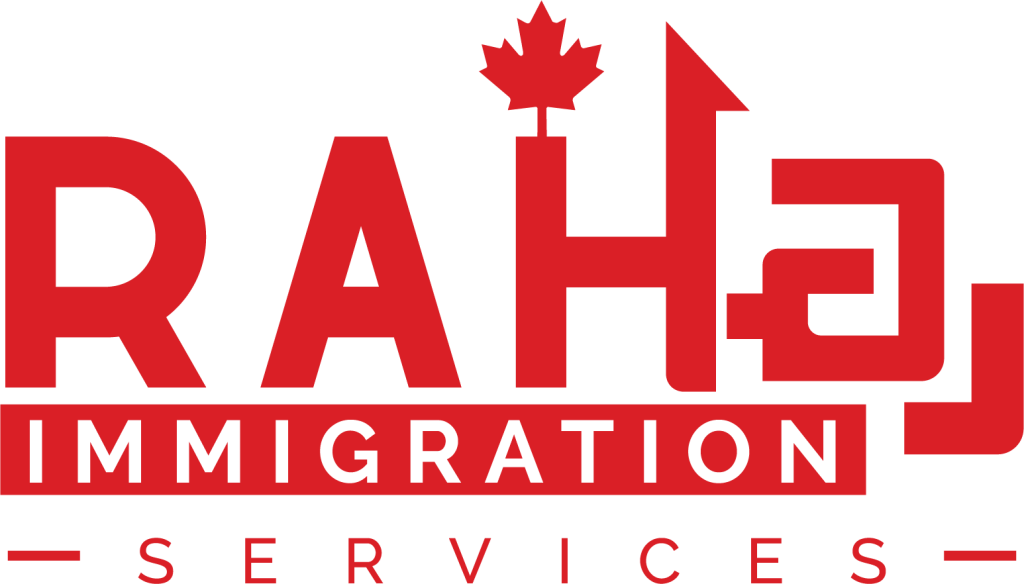
Home nurses currently have access to two 5-year pilot programs (2019-2024) for immigration, which include
Babysitting trial program at home
Babysitting trial program at home
From the 18th of June 2019, the above two new programs were introduced to help the migration of home nurses and replaced the previous live-in caregiver program. The previous program is now closed for new applicants. According to the terms of the new program, qualified applicants can come to Canada as home nurses with their families and receive permanent residency after completing two years of home nursing work in Canada.
Pay attention that each of these two programs has different requirements and it is necessary for applicants to register their application under the program that is more suitable to their background and skills. Applicants’ work experience according to Canada’s national classification of occupations must be consistent with occupational groups 4411 and 4412.
Group 4411: Home Child Care Providers
Group 4412: Home Support Workers
The most important advantage of this program is that the nurse can change the employer and will not need to change the work permit as long as the new job is the same as the previous job. Another advantage is allowing other family members of the nurse to stay if there are essential conditions.
It should be noted that if you have work experience in Canada through the previous live-in caregiver program and your application for permanent residence was registered before June 18, 2019, your application is still valid and when your two-year Canadian work experience is completed, you can send your documents to the immigration office to apply for permanent residence.

Childcare home nurses program
Babysitters help parents take care of their children, and this help may include some tasks related to housework.
Care is possible both at the nurse’s home and at the employer’s home, but it is completely different from the previous program of home nurses who lived at the employer’s home.
Household worker program
Household workers help the elderly, the physically challenged, and those who are recovering from illness. Their duties include preparing food, helping with feeding, bathing, changing clothes, giving medicines, and other routine tasks.
Care is provided at the employer’s home, and this care may require the nurse to live in the home of the applicant for help. They can also help in taking care of the children, but their main responsibility is not to take care of the children.
According to the conditions of this program, employers cannot ask nurses to live in their homes. However, if the employer and the nurse conclude that the conditions of permanent residence at the employer’s house are suitable for both parties, certain conditions must be considered.
In such a situation, the accommodation should be private and personal, have a furnished bedroom, and the accommodation and meals for the nurse should be free.
All home nurses applying to enter Canada should consider the following if they are eligible for this program:
Be engaged in nursing and caring full-time (at least 30 hours per week);
Work without supervision in a private home.
The contract between the employer and the home nurse
First, the employer must sign a written employment agreement with the nurse in question. This employment agreement must contain the necessary conditions of this program and guarantee fair working conditions between the employer and the workforce.
This contract should briefly state the mandatory benefits paid by the employer and the duties of the workforce specified by the employer.
Even if the nurse is the only worker for the employer, they will be responsible for the following:
Payment of labor wages and salaries, including official holidays and paid leave
Deduction of payment from labor salaries
Send salary receipts to CRA
Providing salary slips, payment invoices, tax return receipts, and employment certificates to the workforce (if needed)
Necessary conditions for obtaining permanent residence for applicants of this program
Having a job offer (at least 30 hours per week) from a Canadian employer
In case of studying outside of Canada, at least one year of post-diploma education in Canada is required (evaluation in the Canadian education system).
English language skills up to CLB 5
Previous work experience in childcare or home care fields
Completing two years of work experience in Canada in the last three years
